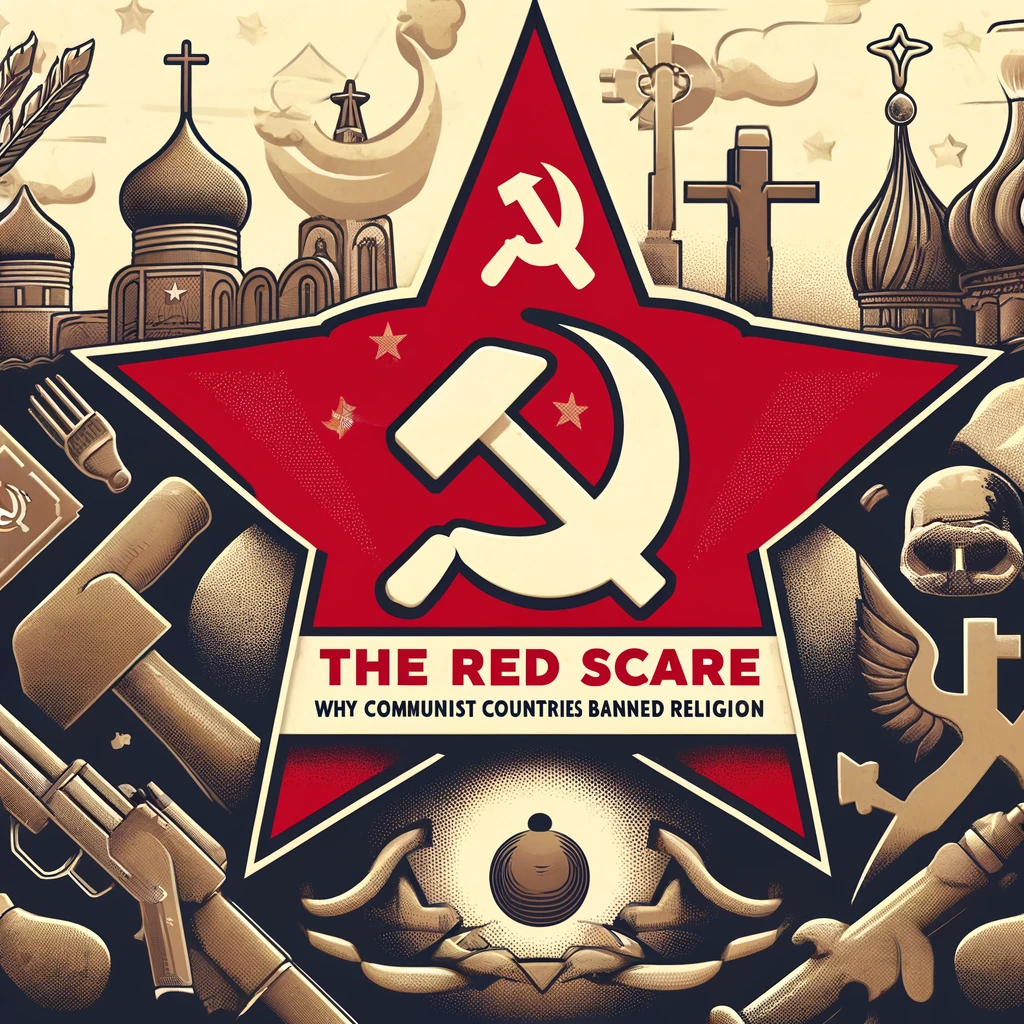
[dc]E[/dc]arlier this month, presidential candidate Beto O’Rourke stated that he would support removing the tax-exempt status of organizations and institutions that oppose same-sex marriage. Specifically, O’Rourke said, “There can be no reward, no benefit, no tax break for anyone or any institution or organization in America that denies the full human rights, and the full civil rights of everyone in America.”
After facing intense criticism, O’Rourke stated that religious organizations that declined to conduct same-sex marriages would not see their tax-exempt status challenged, but they could still lose tax-exempt status if they discriminated when delivering services to the public such as food pantries or adoption services or discriminated based on sexual orientation or gender identity.
But going back to Beto’s original statement, can churches expect their tax-exempt status to be revoked in the near future if they refuse to recognize same-sex marriage?
Supreme Court Cases on Racial and LGBTQI Discrimination
This statement came just days after the United States Supreme Court heard a trio of cases on whether or not Title VII of the Civil Rights Act of 1964 also protects LGBTQI individuals.
In 1983, the United States Supreme Court ruled in Bob Jones University v. United States, 461 U.S. 574, that the religion clauses of the First Amendment did not prohibit the Internal Revenue Service from revoking the tax-exempt status of a university that discriminated based on race. Bob Jones University (BJU), located in Greenville, South Carolina, had completely excluded black applicants until 1971. Between 1971 and 1975, the University only admitted black students if they were married, and then after 1975, the University denied admission of students who were in interracial marriages and disciplined students for interracial dating.
Starting in 1970, the Internal Revenue Service warned BJU that they were in danger of losing their tax-exempt status, and the case went forward. On January 19, 1976, the IRS revoked their tax-exempt status. The matter went to the Supreme Court which applied a strict scrutiny analysis (compelling government interest, narrowly tailed, and least restrictive means) and ruled 8-1 against the University, finding that the “Government has a fundamental, overriding interest in eradicating racial discrimination in education … which substantially outweighs whatever burden denial of tax benefits places on [the University’s] exercise of their religious beliefs.”
Churches and other “purely religious institutions” were excluded by language in Footnote 29, which states, “We deal here only with religious schools — not with churches or other purely religious institutions; here, the governmental interest is in denying public support to racial discrimination in education.”
Although the Court removed tax-exempt status, Bob Jones University continued to operate without the tax exemption until the year 2000 when it finally lifted the ban on interracial dating.
Prediction
Given the court’s decision in Obergefell, which found that same-sex marriage is a fundamental right, it is conceivable that the Supreme Court will find that Title VII applies to LGBTQI individuals or send the issue back to Congress, which may amend Title VII to include LGBTQI as protected categories. The IRS could then move to remove the tax-exempt status of any college or university that continues to discriminate, relying on the BJU case. Although the Court’s decision in BJU specifically excluded churches or other purely religious organizations, it did not take the issue off the table, and it could be tested again in the context of LGBTQI rights.
However, churches could assert a Free Exercise Clause argument that the government cannot compel them to engage in activities or teach things that are contrary to their faith. Churches can also argue that they have a long-standing tax-exempt status going back to the days of the common law.
Although this may be a dead issue going into the 2020 election, legal realities change quickly, and this issue might be going to Court within the next few years, particularly if the Court rules that Title VII also prohibits discrimination against LGBTQI individuals. Politically, Bob Jones University was an outlier among religious educational institutions while many more hold beliefs that would place them in the cross-hairs of such legislation. Churches, and other “purely religious” institutions are likely to be excluded for the time being as Footnote 29 of the BJU decision specifically excluded them, but religious colleges and other institutions, particularly those who accept government funding, might face serious pressure to modify their teachings and policies.
Image: DepositPhotos.com
![]()
Holding: The government has a fundamental, overriding interest in eradicating racial discrimination in education that substantially outweighs the burden on religious institutions' exercise of their religious beliefs.
